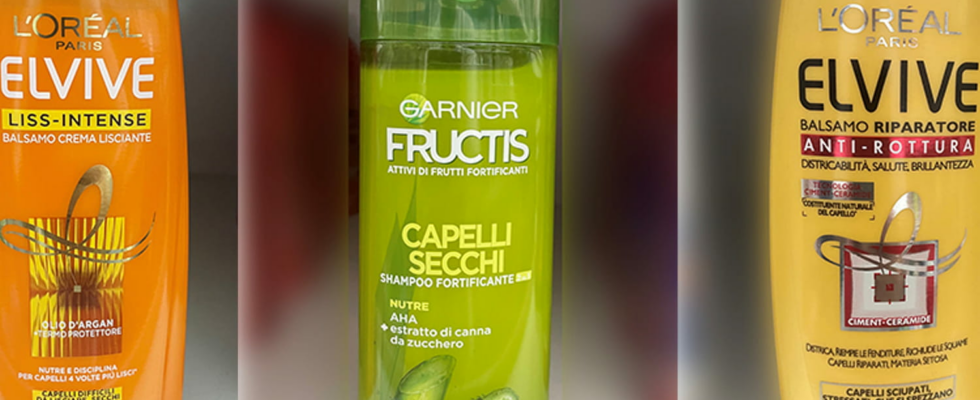Several widely used hygiene products have recently been recalled for health reasons. They contained a chemical compound that was allergenic and dangerous to health. If you have them, don’t use them!
Over the past few weeks, at least three cosmetics from major French brands have been withdrawn from sale and product recalled due to proven risks to consumers’ health. In this case, it is a shampoo, a conditioner and a straightener, marketed in Italy but also distributed under other names in different European countries, including France.
These three products all contained butylphenyl methylpropional, better known as Lilial, a synthetic compound widely used in washing powders and cosmetics for its aromatic properties. Certain forms of the molecule in fact give off a characteristic floral odor, close to lily of the valley or cyclamen, and are therefore very popular with manufacturers for their cosmetic preparations.
Or rather were, because Lilial has been classified as an endocrine disruptor as well as a probable allergen, and banned from use in the European Union since March 2022. Tests have in fact shown that it was toxic to the reproductive system, could harm the fetus and cause skin irritation in some sensitive individuals. Its use in cosmetics, with or without rinsing, is therefore considered dangerous and is no longer authorized.
All cosmetic manufacturers concerned who distribute products in the European Union have therefore modified their preparation formulas in order to exclude this component. However, products put into circulation before the application of European regulations have not all been subject to a systematic recall. Several lots are therefore still found on the shelves of certain distributors, in particular independents and discounters who buy stocks in bulk throughout Europe in order to offer promotions.
And attentive consumers have precisely spotted the presence of Lilial in the list of ingredients of several L’Oréal and Garnier brand cosmetics, marketed in Italy in the Elvive ranges, equivalent of Elsève, and Fructis, and have reported it to the authorities. These reports thus led to an alert and a product recall (here, here And there) via the European surveillance system RAPEXa network for exchanging information between EU member countries for the detection of dangerous products.
Very useful, the European RAPEX system has an online portal allowing you to consult and search for alerts published on dangerous products, with filters by product category, type of risk or even country of marketing. With the growth of the online cosmetics trade and the free movement of goods within the European Union, RAPEX is therefore a good address to keep in your browser’s favorites in order to check the non-dangerousness of a product before a purchase on the Internet.
